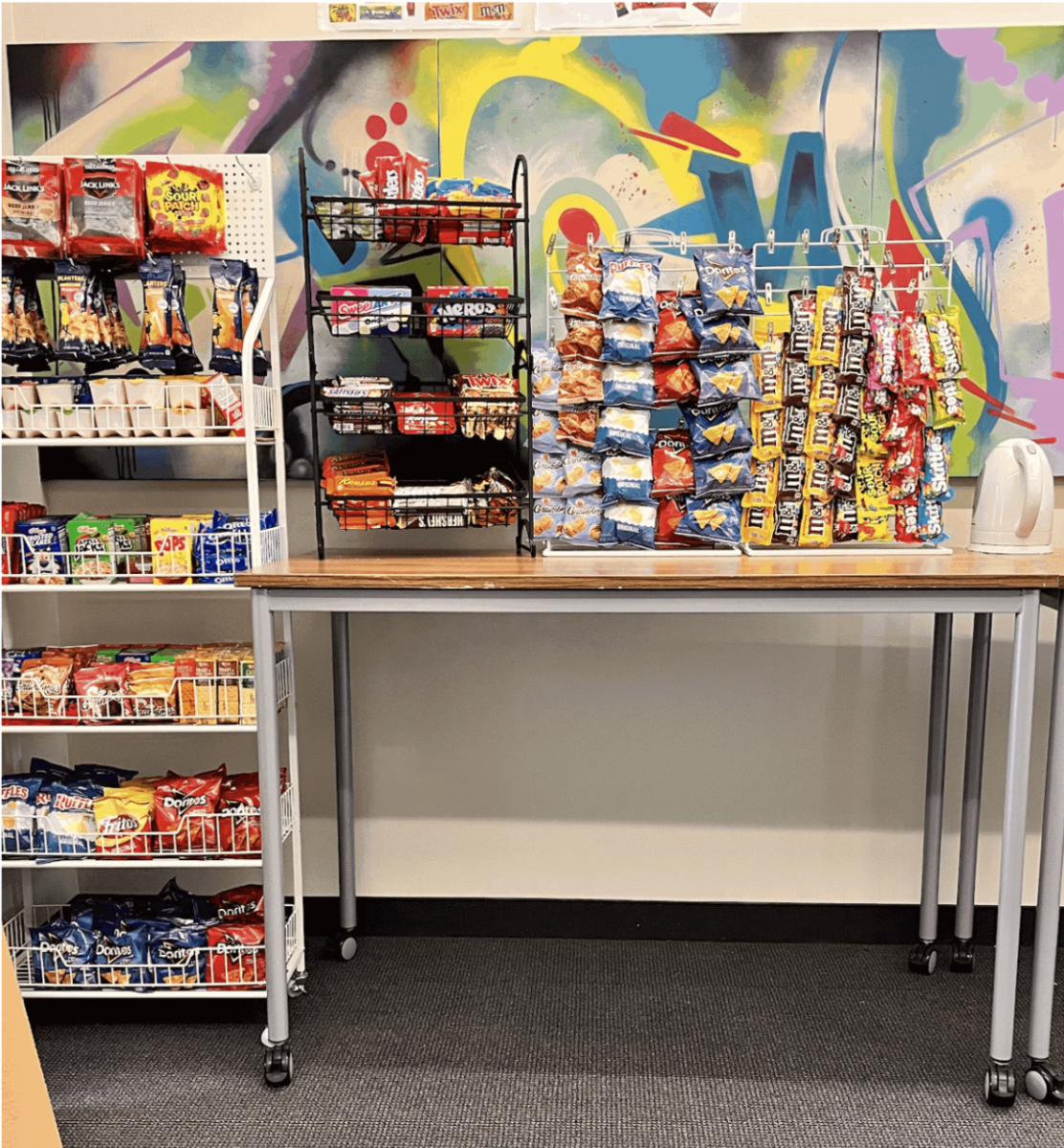TaLynn Mitchell
Reporter
New evidence links an increasing rate of teenage depression with the amount of time spent on social media including Facebook, while also suggesting social media may play a positive role in adolescent development.
Engaging in various forms of social media is a routine activity that research has shown to benefit children and adolescents by enhancing communication, social connections and even technical skills, according to an article in the American Academy of Pediatrics.
“The Internet serves as both my social network and a resource center,” junior Mariah Campana said. “I am able to contact people about my social life and homework. I can also research any topic regrading my life.”
Students commonly use social media not only for entertainment, but for projects, homework assignments and to study.
“This year I have been able to find new and innovative ways to use the Internet productively towards my studies, such as using Google Docs for Sophomore Symposium,” sophomore Gina Domergue said.
However, the benefits of emerging media may be overpowered by the addicting influence of social networking and entertainment sights.
Upwards of 22 percent of teenagers log on to their favorite social media site more than 10 times a day.
“At our Fall Ethics Forum we spoke quite a bit about how Facebook moderates our relationships with others,” Ethics in Action moderator Paul Pryor Lorentz said. “It really shapes our expectations of communication — we expect less — and relationships, even if we don’t realize it.”
Cyberbullying can lead to psychosocial issues including depression, anxiety, severe isolation and suicide.
“I see the impersonal hurting people in my practice,” counselor Lucy Garcia said. “When the conflict becomes very impersonal online, there is no control who everyone can share [information] with. There are no walls or containers for the information. Students need to be educated about staying within personal boundaries because people are hurting.”
“While social networks like Facebook are a great way to stay in contact it’s important to remember that communication cannot just be limited to words on a page,” said Lorentz. “Body language, eye contact, a hug — these are all things that social networks can never replicate.”








